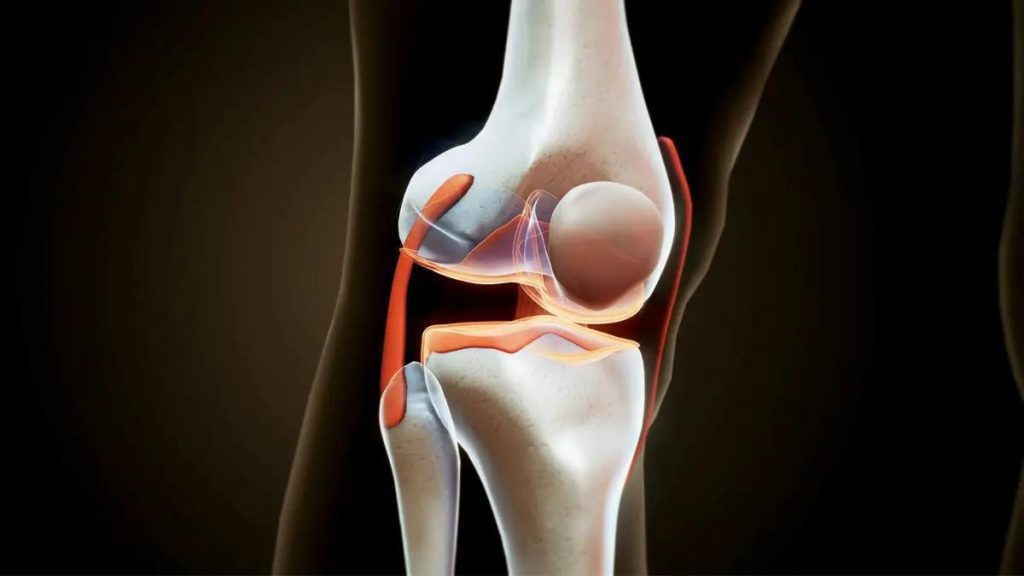- Doctors worldwide gave antibiotics to 75% of COVID-19 patients, even though only 8% needed them.
- This overuse of antibiotics, especially those likely to cause resistance, may worsen the spread of antibiotic-resistant bacteria.
- WHO calls for better practices to give antibiotics only when truly needed to avoid harming patients and public health.
New evidence from the World Health Organization (WHO) reveals a concerning trend: the widespread overuse of antibiotics during the COVID-19 pandemic. This misuse may have inadvertently fueled the “silent” spread of antimicrobial resistance (AMR) worldwide.
The Impact of Antibiotics
While only 8% of hospitalised COVID-19 patients had bacterial co-infections requiring antibiotics, a staggering 75% received antibiotic treatment ‘just in case.’ This trend varied significantly across regions, with antibiotic use ranging from 33% in the Western Pacific Region to 83% in the Eastern Mediterranean and African Regions. Between 2020 and 2022, Europe and the Americas saw a decrease in antibiotic prescriptions, while Africa experienced an increase.
The highest rate of antibiotic use was observed among patients with severe or critical COVID-19, averaging 81% globally. In mild or moderate cases, there was notable regional variation, with the African Region recording the highest use at 79%.
WHO categorizes antibiotics as per the AWaRe (Access, Watch, Reserve) classification, based on the risk of AMR. Alarmingly, the study found that ‘Watch’ antibiotics, which have a higher potential for resistance, were most frequently prescribed globally.
Expert Opinion
Dr. Silvia Bertagnolio, WHO Unit Head for Surveillance, emphasised the need for rational antibiotic use: “When unnecessary, antibiotics offer no benefit while posing risks and contribute to the emergence and spread of antimicrobial resistance.”
Overall, antibiotic use did not improve clinical outcomes for COVID-19 patients. On the contrary, it could harm individuals without bacterial infections. This highlights the urgent need to improve the rational use of antibiotics to minimise negative consequences.
WHO plans to develop guidelines for the clinical management of COVID-19 based on systematic evidence synthesis and appraisal. These efforts aim to inform recommendations on antibiotic use in COVID-19 patients.
The misuse of antibiotics in COVID-19 patients is a global concern that requires immediate attention. Improving antibiotic prescribing practices is crucial to mitigating antimicrobial resistance and ensuring better health outcomes for patients worldwide.
Tags: WHO, COVID-19, antibiotics, antimicrobial resistance, pandemic, overuse, rational antibiotic use, healthcare, global health, guidelines
FAQs
Why are antibiotics overused in COVID-19 patients?
Antibiotics are often prescribed ‘just in case’ they help, even when bacterial co-infections are rare, leading to unnecessary use.
What are the risks of unnecessary antibiotic use?
Unnecessary use of antibiotics can lead to adverse effects and contribute to the development of antimicrobial resistance.
How can the rational use of antibiotics be improved?
Health authorities and healthcare providers need to adhere to evidence-based guidelines and avoid prescribing antibiotics when they are not needed.
What is the role of WHO in addressing antibiotic resistance?
WHO plays a critical role in monitoring antibiotic use, developing guidelines, and raising awareness about the importance of rational antibiotic use.
What are the global implications of antibiotic misuse?
Misuse of antibiotics can lead to a rise in drug-resistant infections, making it harder to treat common diseases and increasing healthcare costs.
How can individuals contribute to combating antibiotic resistance?
Individuals can help by only taking antibiotics when prescribed by a healthcare professional, completing the full course of treatment, and never sharing antibiotics with others.








